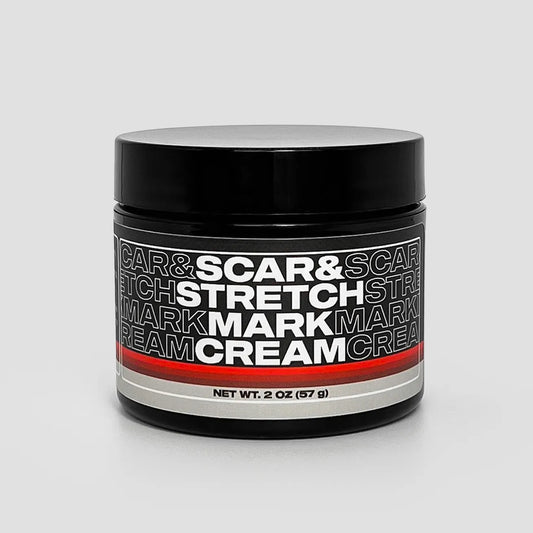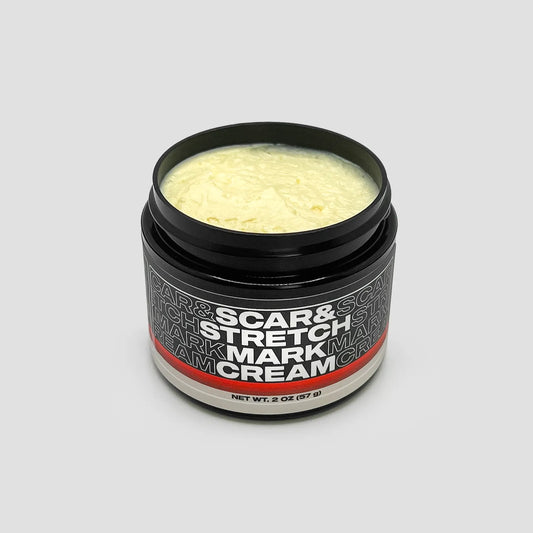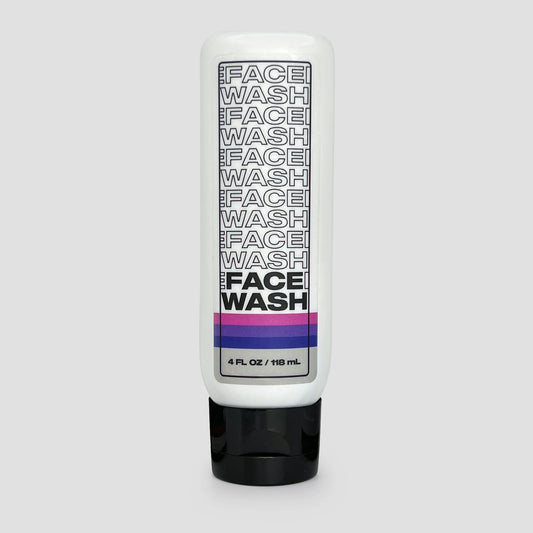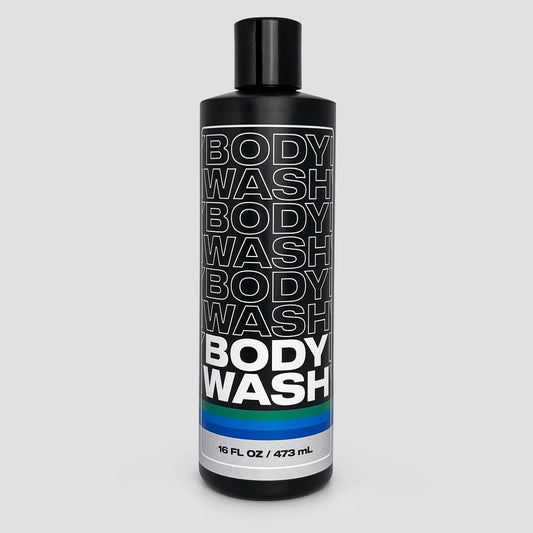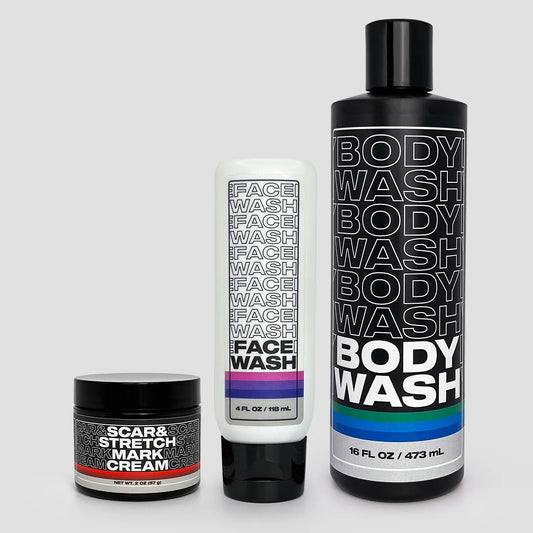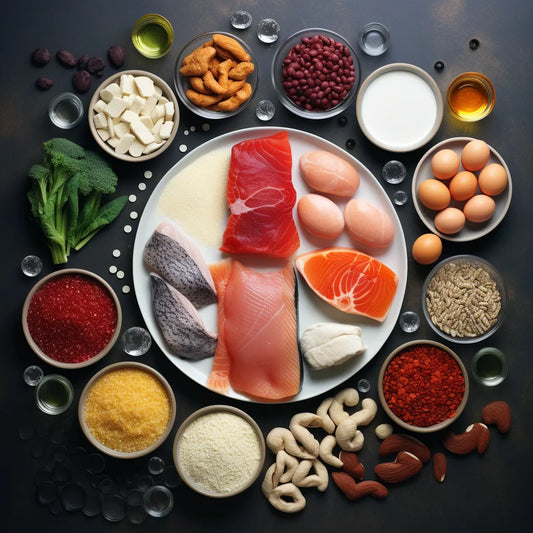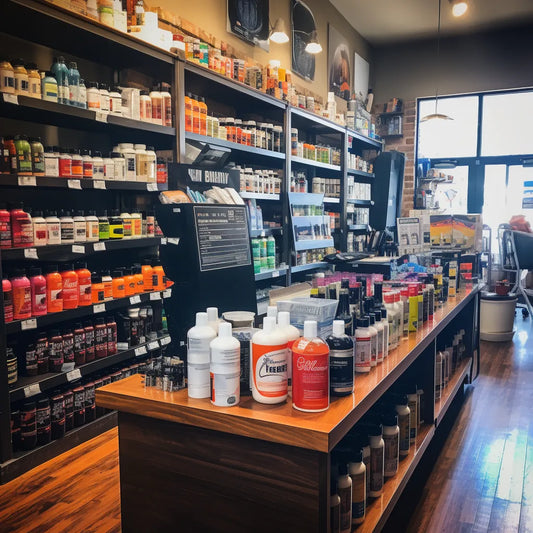

Whether you're an avid gym enthusiast or a beginner on the fitness journey, you've likely stumbled upon the discussion of BCAAs vs Soy protein. But what's all the fuss about?
With an array of fitness supplements on the market, it can be a challenge sifting through the choices, figuring out what's right for your unique fitness progression.
In this article, we're going to demystify the debate, providing an in-depth comparison of BCAAs and Soy protein, what they do, how they affect your body, and most importantly, which one could be the better choice for your specific needs.
Stick around as we explore these proteins from the realms of scientific research, expert perspectives, and user experiences. Let’s dive in.
What are BCAAs?
Branched-chain amino acids, popularly known as BCAAs, constitute three essential amino acids: leucine, isoleucine, and valine. These amino acids are considered "essential" because your body cannot produce them; hence, you've got to ingest them from your diet or supplements, such as Tapered’s Recovery Body Wash.
What is Soy Protein?
On the flip side, soy protein is a complete protein derived from soybeans. It has all the essential amino acids required by the body, making it an excellent protein source, especially for vegetarians, vegans, or those allergic to dairy.
How to Choose Between BCAAs and Soy Protein for Athletic Performance
When choosing between BCAAs and Soy protein, it's important to base the decision on your individual needs, physical activity levels, and dietary patterns. Let's break it down:
1. Identify Your Dietary Needs
Consider your nutritional needs based on your lifestyle and dietary preferences. If you follow a vegetarian or vegan diet, soy protein would be a more natural fit because it's plant-based.
2. Consider Your Fitness Goals
Are you aiming for muscle recovery or growth? BCAAs are reputedly effective for muscle protein synthesis and recovery, while soy protein can cater to your wider nutritional needs with its complete amino acid profile.
3. Assess Your Current Protein Intake
If you're already consuming enough protein in your diet, additional BCAAs might serve you better than more protein.
4. Consult with a Health Professional
Talk to a registered dietitian or your healthcare provider to help you make a safe and effective choice based on your health status, any medical conditions, and fitness goals.
Can I take BCAAs and Soy Protein together?
Indeed, you can take BCAAs and Soy Protein together. Incorporating both in your routines provides a combined value of muscle recovery and overall nutritional benefits.
Are there side effects to BCAAs and Soy Protein?
Both BCAAs and Soy Protein are generally safe for most people when consumed in moderation. However, individuals with certain health conditions should consult their doctor before starting any new supplement routine.
Ready to Amp Your Fitness Regimen?
Now, you're well-armed with the necessary insights to make an informed decision on the BCAAs vs Soy Protein debate. Remember, the goal is to find what works best for your personal fitness journey.
Key Takeaways from BCAAs vs Soy Protein
- BCAAs are essential for muscle recovery and reduction of muscle fatigue.
- Soy Protein provides a complete source of protein for vegetarians and vegans.
- It's crucial to consult a healthcare professional before starting any new supplement routine.
Looking to kick off your fitness regimen? Remember to keep an open mind and listen to what your body says. May your fitness journey be just as rewarding as your destination!
